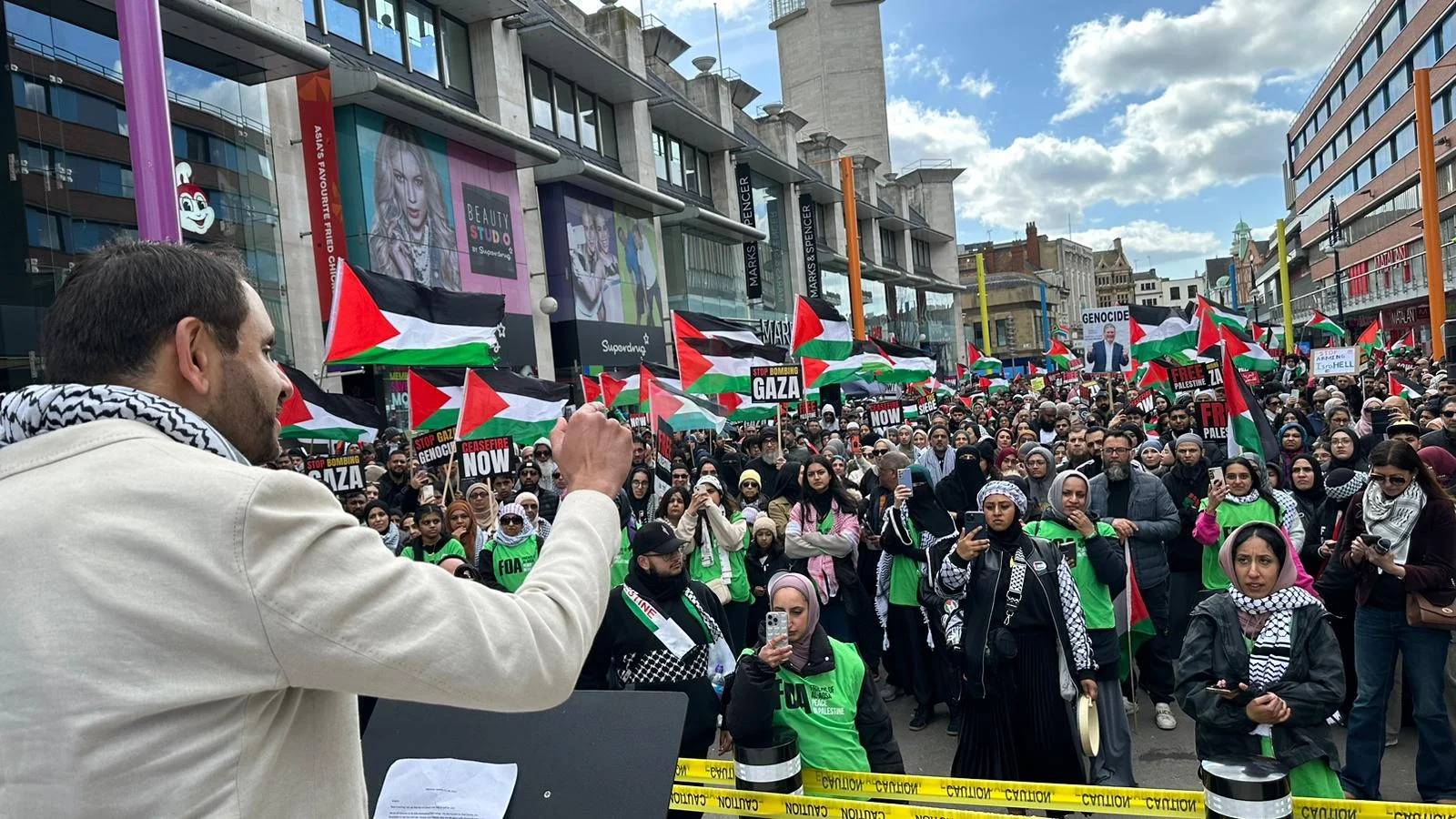One of the most memorable moments in the current pontificate took place on June 8, 2017.
In a strongly worded statement published by Agenzia Fides, the news agency of the Congregation for the Evangelization of Peoples, Pope Francis gave the incardinated priests of the Nigerian Diocese of Ahiara, both those working within the diocese and those serving outside, 30 days to write him a personal letter expressing their loyalty to the pope, apologizing for grieving him by their refusal to let Bishop Peter Ebere Okpaleke take canonical possession of the diocese, and stating their willingness to accept the bishop sent by the pope.
Any priest who failed to write the letter within 30 days would be suspended from ecclesiastical office.
The crisis began when Pope Benedict XVI appointed Okpaleke to the southern Nigerian diocese in 2012. The clergy objected to the choice, claiming their own Mbaise linguistic group – which produces a disproportionate number of priests – was being sidelined when it comes to the appointment of bishops.
RELATED: Pope begins answering priests from troubled Nigerian diocese
It is now more than four months since that papal ultimatum. The Ahiara story is no longer on the front pages of newspapers, but one question remains unanswered: Has the issue been resolved? The Vatican has been silent on the issue.
It was in the news recently that the priests of Ahiara have received individual replies from the Vatican to their letters, but what is the next step in undoing this knot?
The fact is, nothing seems to have changed about resolving the episcopal crisis.
The appointed bishop has not yet been installed nor is there any word about a possible date for this event.
There is still antagonism and mutual distrust among the clergy of the diocese, between the majority who do not want Okpaleke and the minority who do. If anything, it seems to be getting worse.
What is to be done to begin the long walk towards healing in Ahiara?
When a body is injured, whether the wound is self-inflicted or not, healing is needed to ensure the survival of that body. In the case of the local Church of Ahiara, the metaphor of a wound seems very apt.
One can hardly imagine the pain and suffering of the faithful of that diocese: No ordinations to the priesthood since 2013 with more than 50 seminarians who have finished their seminary studies awaiting ordination, no confirmations in 5 years with scores of candidates waiting to be confirmed, and no Chrism masses in as many years.
RELATED: After dramatic papal threat, Nigerian diocese remains badly split
Wounds are usually matters of grave concern for the body, hence they demand immediate medical attention, otherwise they become infected and lead to amputation of limbs or in extreme cases, death. The deeper the wound, the more urgent the need for expert medical attention.
To jump-start this healing process, here are a few suggestions offered in a spirit of humble service to the Church.
A fresh attempt at dialogue: Dialogue is the most effective tool for resolving conflicts and misunderstandings as well as for finding common solutions to problems. In the past, there may have been failed attempts at dialogue. Mistakes may also have been made. (For example, the refusal by some members of the Ahiara clergy to come to Rome when invited by the pope in May.) It is nonetheless important not to give up on dialogue. Urgent steps need to be taken to begin the process of building trust between bishops and priests in the Nigerian Church. Dialogue is the place to begin. To be effective, the parties involved must come to the table without bias and have a desire to genuinely listen to the concerns of the other while all the time counting on the goodwill of the other.
A bishop from within the ecclesiastical province: At this point, it would seem that insisting on Okpaleke’s taking canonical possession of the see of Ahiara is a dead end. A way out might be to reassign him and appoint a new bishop who is a priest or a bishop from Owerri province, within which the diocese of Ahiara is located. He must not be an Ahiara diocesan priest however. This would send a message that a diocesan presbyterate could insist that one of their own be appointed their bishop, which goes against Church law.
But the fact is, a bishop without the support of his priests can accomplish little or nothing. This is the reality, whatever ideas one may have about it. As Francis never tires of reminding us; “realities are more important than ideas.”
A policy of episcopal transfers: One of the issues brought to light by the episcopal crisis in the Ahiara diocese is that bishops in Nigeria are not transferred often enough.
Moving bishops around would also help to dispel the impression that the bishopric is a personal inheritance, or, worse, a benefice. Also, the prospect of having a bishop who is now 45 or younger as superior for the next 3 decades – or more – would be less frightening to some priests if they knew that he could be transferred at some point to another diocese.
In addition, more effort should be made to make sure the episcopate in Nigeria reflects the diversity of the population, so that certain linguistic or ethnic groups do not seemingly have exclusive access to positions of authority within the Church.
The time to begin is now, and time we are told by Francis “is greater than space.”
Nigerian-born Father Alvan Amadi, STL, is a priest of the Diocese of Green Bay, Wisconsin. He currently serves on the Faculty of St. Francis de Sales Seminary, Milwaukee, Wisconsin.

















